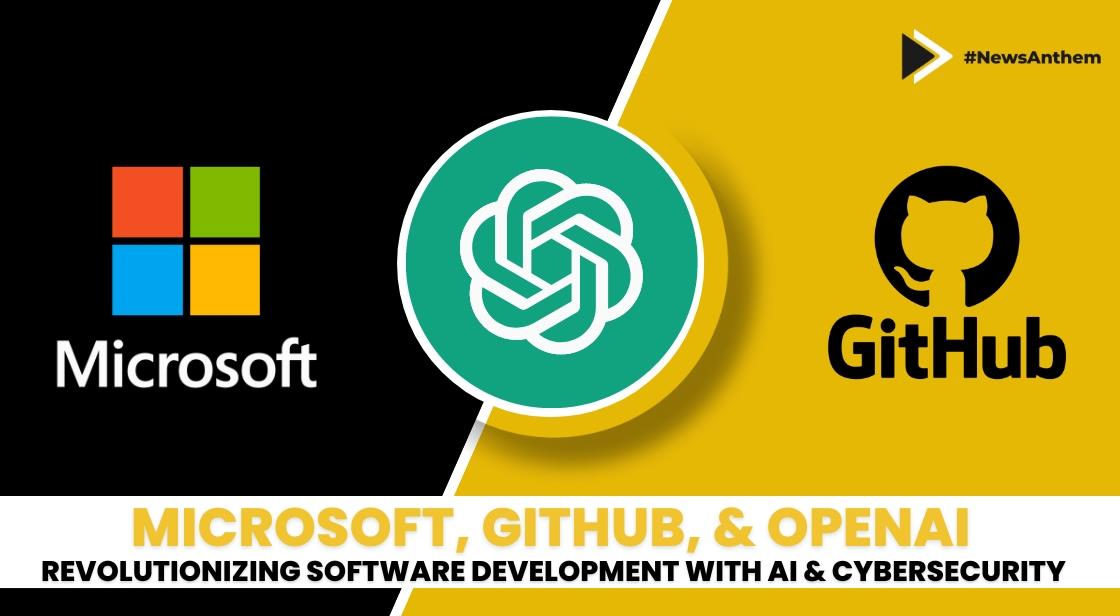GitHub, Microsoft, and OpenAI: Revolutionizing Software Development with AI and Cybersecurity

News Synopsis
GitHub, Microsoft, and OpenAI: Leading the Software Revolution
With a significant presence in the world of software development, GitHub, backed by tech giants Microsoft and OpenAI, is carving a new path in the industry. The platform, used by a whopping 90% of Fortune 100 companies, is not only a repository for code but also a hub for collaboration and innovation.
The Integration of AI in Software Development
In collaboration with Microsoft and OpenAI, GitHub has introduced AI-assisted development, a groundbreaking concept in the realm of software programming. GitHub Copilot, an AI-powered coding assistant, provides developers with real-time coding suggestions, accelerating the development process and enhancing the quality of code.
Role of GitHub in the AI Ecosystem
GitHub plays a critical role in the AI ecosystem, providing a platform for developers to leverage AI technologies like ChatGPT from OpenAI. With Microsoft's expansive infrastructure, AI models built by OpenAI can run at scale, giving rise to novel developer experiences.
GitHub Copilot: Changing How We Code
GitHub Copilot, powered by OpenAI's Codex model, is set to change the way people write and build software. By suggesting lines or blocks of code, this AI-assisted tool aids developers in writing better code, faster, heralding a new era in software development.
Uniting Engineering and Security
At GitHub, engineering and security are viewed as two sides of the same coin. Recognizing that the vast majority of developers are not security experts, GitHub aims to integrate security into the development process, enabling developers to code with security in mind from the outset.
The Paved Path Approach
This integration is achieved through a "paved path" approach, where GitHub provides lower layers of the security stack, allowing developers to focus on higher-level value for their customers. With built-in security mechanisms, developers can confidently code, knowing that the services and capabilities they build are secure and can be operated securely.
Embracing a Zero Trust Security Model
GitHub is adopting a 'zero trust' model in its security approach, making two-factor authentication (2FA) mandatory. While this shift may introduce an extra step for developers, the enhanced security it provides for the platform and its users outweighs the minor inconvenience.
Creating a Security-Conscious Culture
At GitHub, the belief is that a proactive, security-conscious culture can significantly reduce the risk of security breaches. By integrating security practices into every stage of the software development lifecycle, developers are encouraged to think about security as they code, thereby enhancing the overall security posture.
Looking Toward the Future: Software Liability
There's been increasing discussion around establishing liability for software products and services. GitHub, having participated in dialogues with the US government on this subject, sees this as a positive move towards greater accountability in the software industry.
ThinkWithNiche News' conclusion
The collaboration between GitHub, Microsoft, and OpenAI is ushering in a new era in software development. With the integration of AI-assisted coding and an intensified focus on cybersecurity, they're redefining the software development process. As these advancements become more widespread, we can expect a future where coding is more secure, efficient, and innovative.
You May Like









